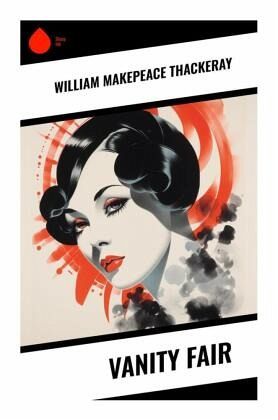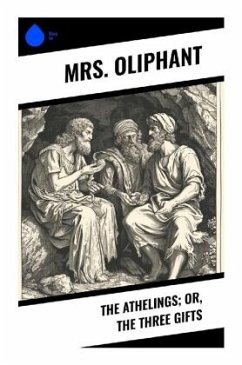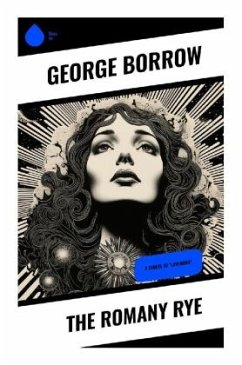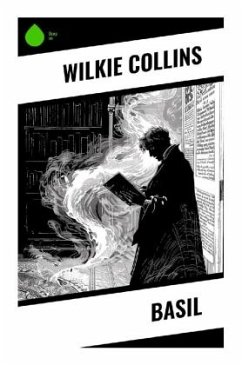
Vanity Fair
Versandkostenfrei!
Versandfertig in 6-10 Tagen
21,70 €
inkl. MwSt.

PAYBACK Punkte
0 °P sammeln!
In "Vanity Fair," William Makepeace Thackeray masterfully delineates a vibrant tableau of early 19th-century British society, exploring themes of greed, betrayal, and the transient nature of happiness. Through a richly satirical lens, Thackeray weaves the lives of two contrasting heroines, Becky Sharp and Amelia Sedley, against a backdrop of class struggles and moral ambiguity. The narrative, characterized by its keen social observations and biting humor, reflects the era's cultural context, offering a critique of the superficial values that define human relationships and aspirations. Thackera...
In "Vanity Fair," William Makepeace Thackeray masterfully delineates a vibrant tableau of early 19th-century British society, exploring themes of greed, betrayal, and the transient nature of happiness. Through a richly satirical lens, Thackeray weaves the lives of two contrasting heroines, Becky Sharp and Amelia Sedley, against a backdrop of class struggles and moral ambiguity. The narrative, characterized by its keen social observations and biting humor, reflects the era's cultural context, offering a critique of the superficial values that define human relationships and aspirations. Thackeray's innovative use of an omniscient narrator adds a unique dimension, inviting readers to question the characters' motives and society's moral compass. William Makepeace Thackeray, born in 1811, was a keen observer of his time, often drawing on his own experiences in a society marked by class divisions and hypocrisy. Educated at literature-laden institutions, Thackeray's exposure to various aspects of life, including his travels and personal struggles, informed his narrative style and thematic preoccupations. His background in art and journalism further sharpened his satirical voice, which resonates throughout "Vanity Fair" and reflects both personal insight and societal critique. For readers seeking a profound exploration of morality cloaked in humor, "Vanity Fair" serves as an essential read. Thackeray's astute critique of vanity and ambition remains remarkably relevant, encouraging contemporary audiences to reflect on their values amidst societal pressures. This timeless novel not only entertains with its compelling characters and plot twists but also invites critical self-examination in a world that often mirrors its own. Dive into its pages to discover the complex interplay of fate, ambition, and the human condition.












